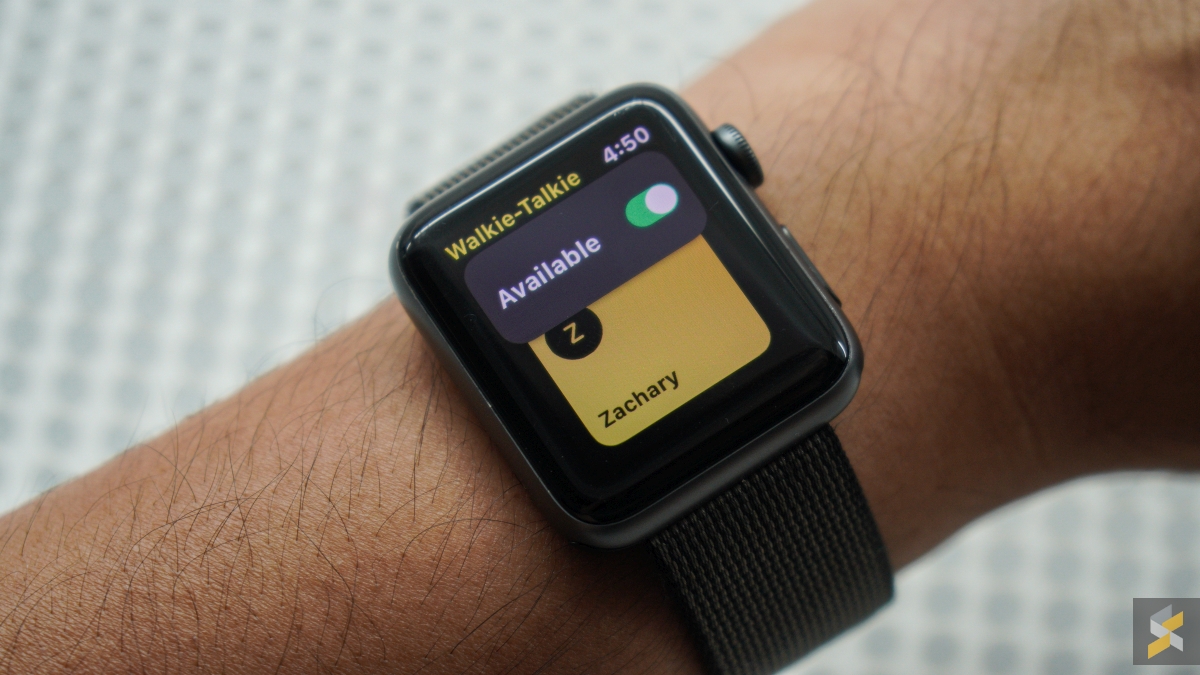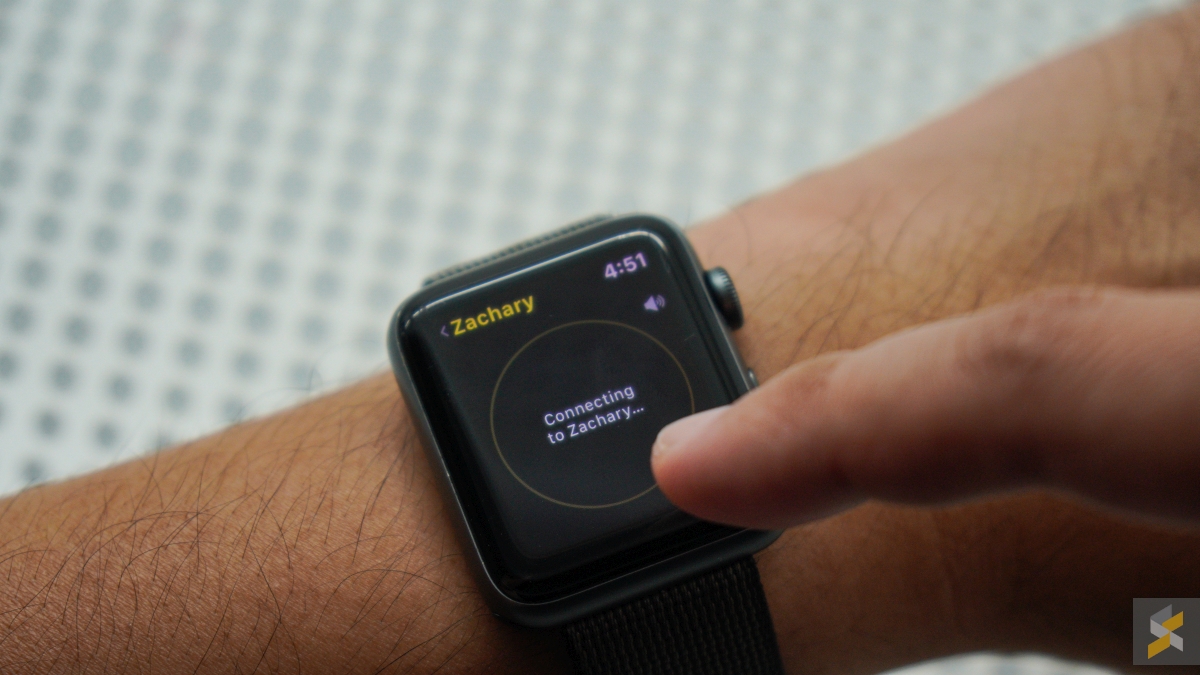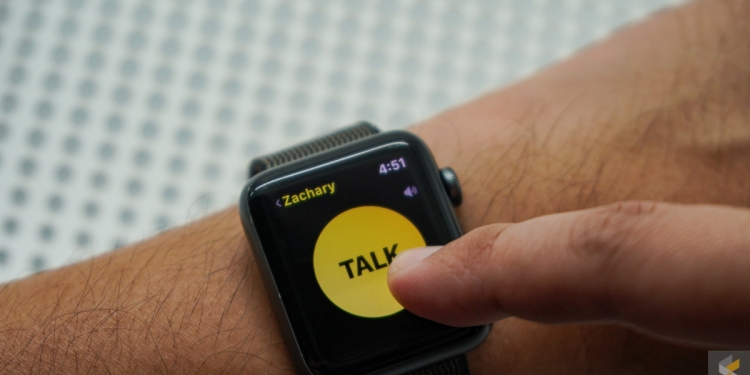It looks like a serious security flaw has caused Apple to disable the walkie-talkie function on their Apple Watch. This flaw could allow someone to listen in on a user’s iPhone call if allowed to be exploited.
The walkie-talkie app on Apple Watch allows two Apple Watch users–who have accepted an invite from each other–to receive audio chats. Basically, it’s a push-to-talk voice chat feature that’s very similar to, well, a walkie-talkie.

In a statement to TechCrunch, Apple stated that they were recently made aware of the vulnerability and disabled that functionality as quickly as they could, while they worked on a fix. The company also claims that they were not aware of any use of the vulnerability against Apple Watch users, and that it required very “specific conditions and sequences of events” to be exploited.
This isn’t the first time one of the company’s services were exposed to a security flaw that allowed malicious individuals to listen in on people’s conversations. Early this year, a security flaw was discovered on FaceTime’s group calling feature that allowed the caller to gain access to your iPhone’s microphones even if you don’t accept the FaceTime call.

This bug has since been patched, and there’s no reason to suspect that the same won’t be done for the walkie-talkie bug. In the meantime, you’ll just have to hold off on using this feature on your Apple Watch.
Here’s the full statement Apple made to TechCrunch:
We were just made aware of a vulnerability related to the Walkie-Talkie app on the Apple Watch and have disabled the function as we quickly fix the issue. We apologize to our customers for the inconvenience and will restore the functionality as soon as possible. Although we are not aware of any use of the vulnerability against a customer and specific conditions and sequences of events are required to exploit it, we take the security and privacy of our customers extremely seriously. We concluded that disabling the app was the right course of action as this bug could allow someone to listen through another customer’s iPhone without consent. We apologize again for this issue and the inconvenience.








